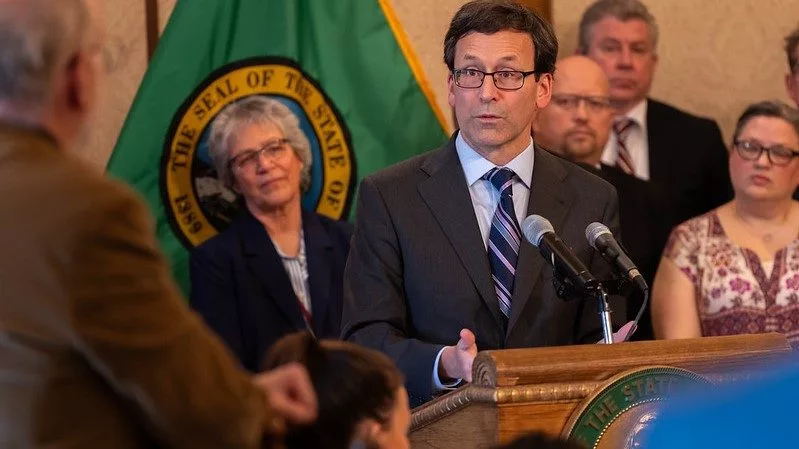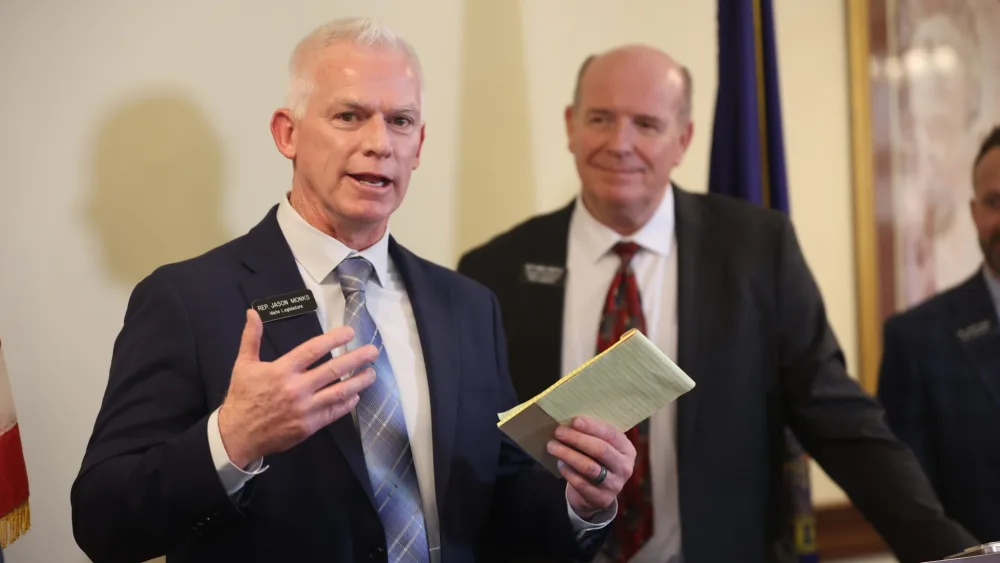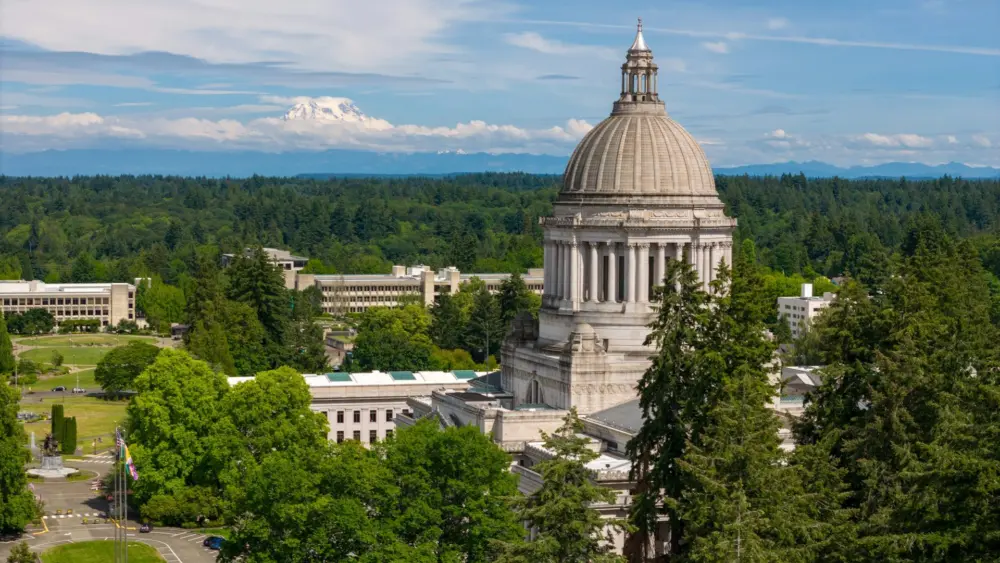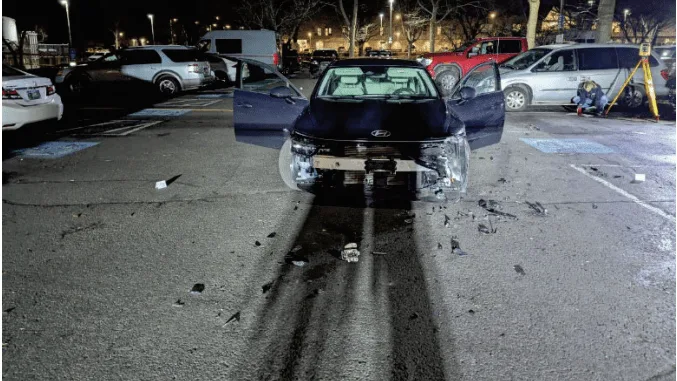OLYMPIA, WA – Gov. Bob Ferguson vetoed key provisions of a bill related to Washington state’s Clemency & Pardons Board (CPB).
Engrossed Second Substitute House HB 1131, signed partially into law by the governor on Tuesday, expands the CPB, makes board meers eligible for compensation, and changes the board’s process for reviewing applications and other functions. The bill expands the board from five to 10 members, broadens the experience required of board members, provides more training, and adds compensation. The law also allows the board to consider expedited reviews for cases involving pending deportation hearings.
Ferguson cited the state’s fiscal challenges in issuing his partial veto.
“The Legislature did not provide funding to implement this expansion of the board’s work,” he wrote in his vetoes submission. “Therefore, I am vetoing Section 117(8). I intend to seek the necessary funding to support the work contemplated by E2SHB 1131 in the next budget.”
Rep. Roger Goodman, D-Kirkland, is the bill’s sponsor.
He told The Center Square on Thursday that he didn’t know the governor would partially veto his bill, which passed the Legislature without a single Republican in support and several Democrats opposed to the bill.
“We didn’t know it was coming, and even the governor didn’t know it was coming until they reviewed the bill and found that they don’t have funding for a staff member in the Governor’s Office to manage the expansion of the clemency and pardons board,” Goodman said. “So, we’re going to be delayed by a few months. We will appropriate the money necessary in the next supplemental budget in January 2026.”
Goodman clarified that the governor’s partial veto was not about any issue he had with the bill.
“It was not a concern over the substance of the bill or about expanding the clemency and pardons board. It was just about needing to pay for the staff,” he said. “We knew that the Attorney General’s Office would be a little bit of staff, and so we provided for that. But we didn’t in the Governor’s Office. We need a staffer and so that came a little bit too late, but we’ll get the money there and, and we’ll get it rolling … just a few months delayed.”
Members must include someone with lived experience as an incarcerated individual, or someone who has worked with the formerly incarcerated. There must also be a member with experience and interest in tribal affairs and two representatives of crime victims.
Members must also receive compensation up to $100 per day, and be compensated for time spent for training, hearing preparation, and travel expenses. The CPB members must attend training related to race equity, racism, and restorative justice.
During legislative hearings on the bill early in session, some suggested that the board’s make up, if expanded, should be more balanced.
“Maybe law enforcement, a prosecutor, a retired judge. There should be some other individuals on there who have some professional experience,” said Russell Brown, executive director for the Washington Association of Prosecuting Attorneys, during a Jan. 16 House Community Safety hearing on the bill.
Brown criticized the legislation’s language giving the CPB broader discretion to issue pardons based on “the interest of justice.”
“I guess we’re trying to figure out what ‘in the interest of justice’ means?” Brown asked and reiterated that inmates should only be granted clemency or a pardon in extraordinary circumstances.
James McMahon, policy director with the Association of Sheriffs and Police Chiefs, raised concerns about expanding the size of the CPB.
“We differ from our friends in the [Prosecuting Attorney’s Office] because this small, intimate group allows the members of the board to leave their preconceived notions,” he said.
McMahon went on to say, “There have been times where the police chief on that board says, ‘I think we should grant this person clemency’ and the defense attorney on the board says, ‘Actually, I disagree.’ When you double the size of the board, we fear it creates constituencies, caucuses if you will.”
Goodman noted the governor’s power is such situations.
“Remember that the governor is the backstop, so it’s the governor’s decision whether or not to grant clemency,” he said.





